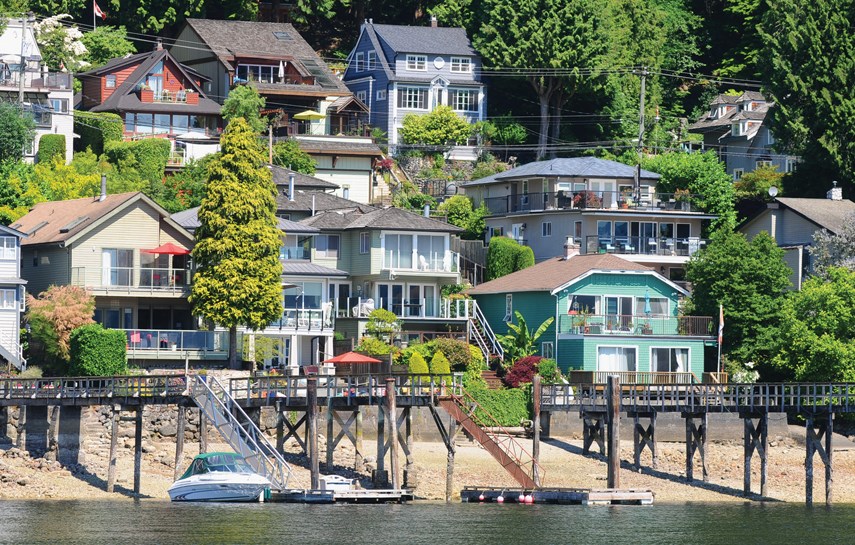Short-term rentals, or STRs, are increasingly common on the North Shore, even though they are not permitted under the district’s zoning bylaw.
Sometimes referred to as vacation rentals, STRs are homes or rooms within homes that can be booked for short stays of 28 days or less through various online platforms. Tourists enjoy the opportunity to stay in different areas, and home-owners see benefit from the extra income.
STRs are growing throughout Metro Vancouver, but they are not without their complications. Impacts on long-term rental housing and neighbourhoods, in the form of noise, parking, and other nuisances, are just some of the issues that have emerged.
In July of 2017, approximately 600 STRs were listed in the district. This is a smaller number in proportion to many other municipalities, but it is expected to grow. Anticipating this, we are looking to make changes to our bylaws ensuring that STRs continue to benefit homeowners while alleviating any negative impacts they may have on neighbourhoods and long-term rental stock.
The approach approved by council in 2017 would allow STRs to continue operating in the district, if they follow a set of regulations. These would include permitting STRs only at the owner’s or renter’s principal address, requiring the owner (or renter with the permission of the owner) of the STR to have a valid business licence, and not permitting STRs in secondary suites or coach houses.
This approach will ensure fairness as STRs are treated as equal to similar businesses, such as bed and breakfasts. Bed and breakfasts are permitted in the district, but must adhere to zoning and licensing regulations.
Regulation would also give the district the ability to enforce bylaws and monitor STRs for compliance, keeping these suites and homes safe for those who rent them.
Furthermore, regulating this portion of the ‘sharing-economy’ will help prevent depletion of long-term rental housing stock by not permitting secondary suites and coach houses to be used as STRs.
These potential regulations follow suit of other municipalities, such as Vancouver, which introduced STR regulations in April. A month after launching, the city stated it had either delisted or converted nearly 400 listings to long-term rental units.
While the district does not receive many complaints regarding STRs, it does not mean there are not measures we can take as local government to make the experience better and safer for everyone, while preserving rentals for those who live and work in the district.
You will have the opportunity to let the district know your thoughts on these new STR regulations. Online surveys will be available at dnv.org/rentals and public engagement opportunities will be held over the next few months. This feedback will be brought back to council in late fall for a decision on whether or not to change district bylaws and allow STRs to operate under certain conditions. ■



